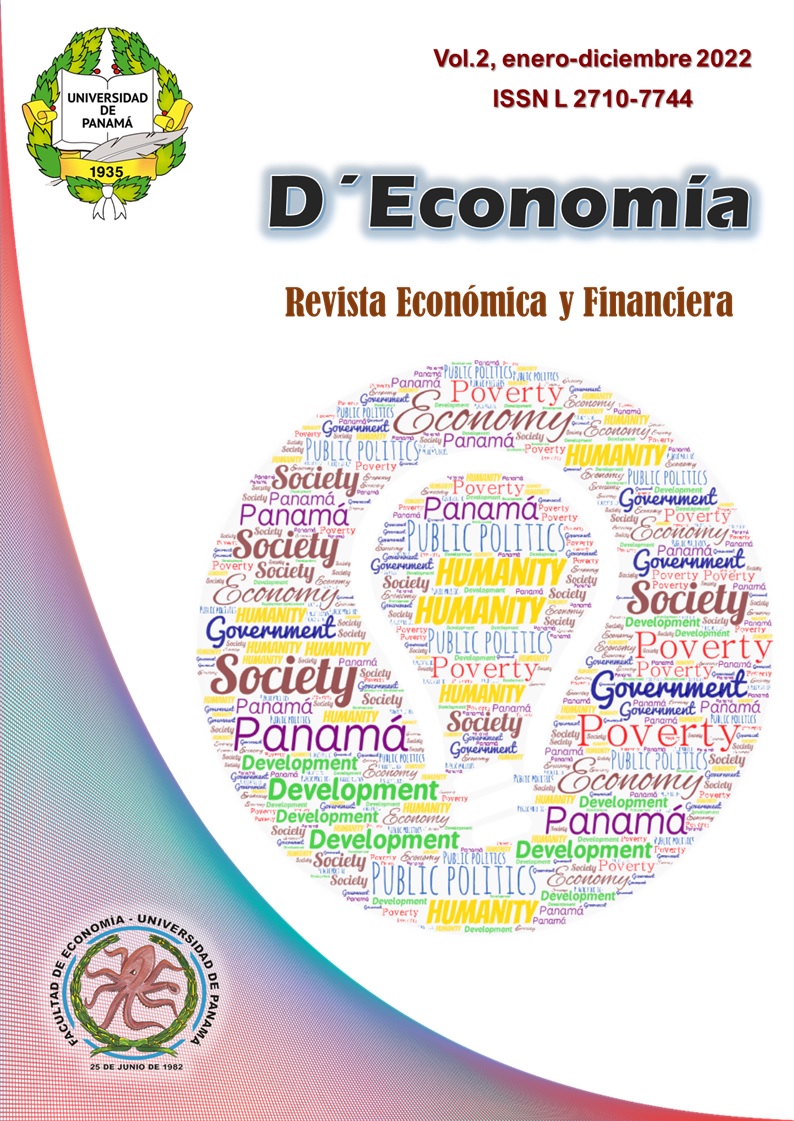

The objective of this research article is to evaluate the gig economy or digital platforms and their impact on labor relations in Panama. The analysis carried out leads to the following conclusion: the current working conditions in delivery platforms, as well as many Other “atypical” forms of work are far from the fundamental attributes of decent work. Driven by the need to earn income, delivery men agree to be classified as independent workers, without being so, which consequently reduces costs and increases the profits of delivery platforms; but for the worker it implies job insecurity from the point of view of income, job instability and lack of social protection. Likewise, there is a gap in Panama's labor legislation to regulate digital work platforms.
The methodology that was used in this investigation is documentary, it was allowed to search for information, the observation method was able to interpret the data obtained from conversations with delivery repeaters. The result that was found is that the workers are in an extreme labor precariousness and lack of labor protection.